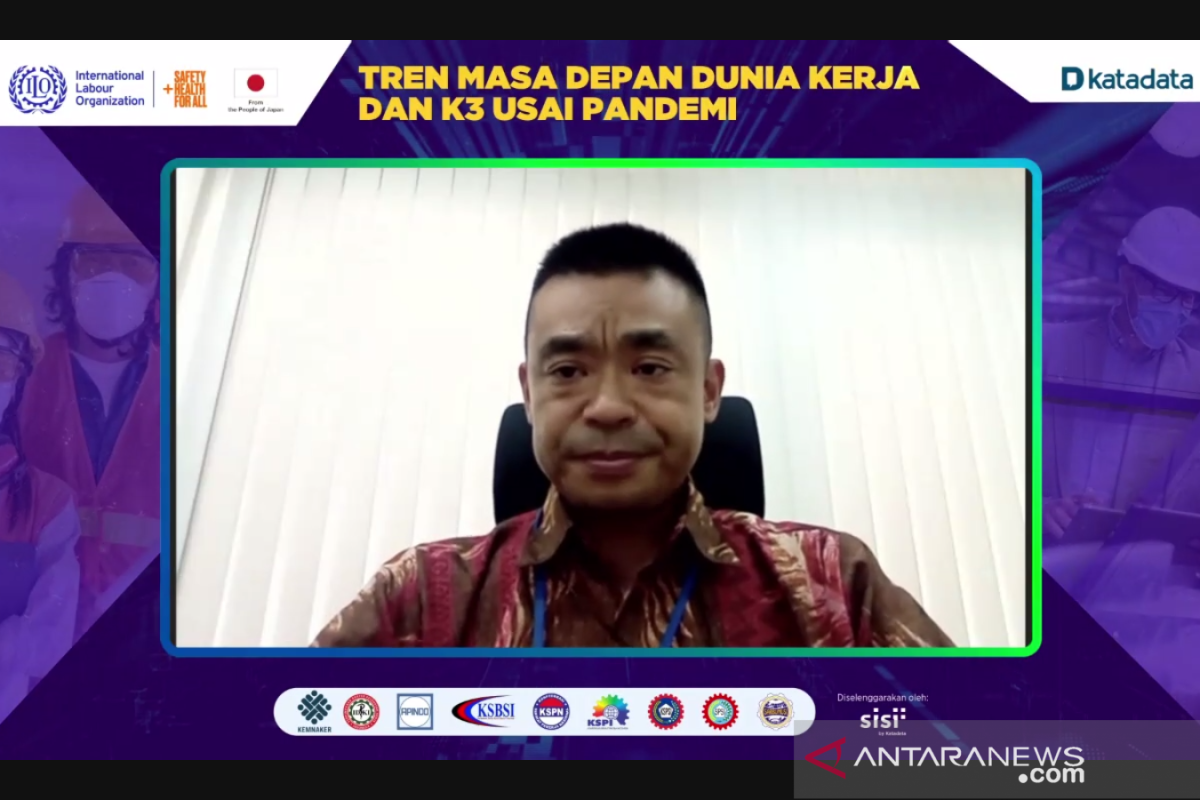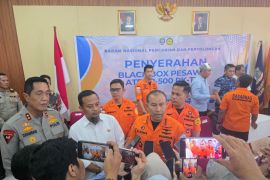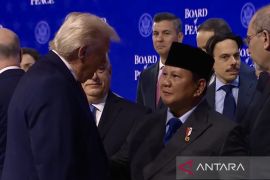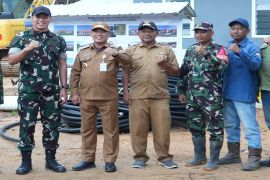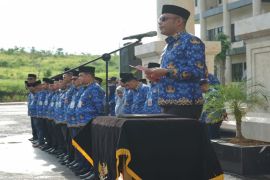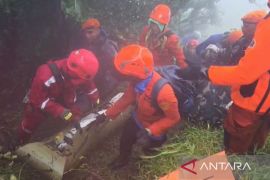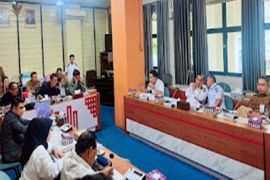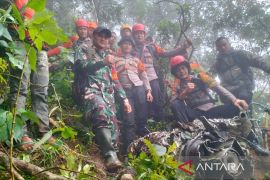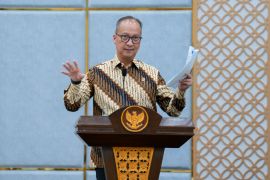Jakarta (ANTARA) - Taking note of the continued flattening of the infection rate, the Japanese government has lauded Indonesia's handling of COVID-19, especially after the second coronavirus wave last July.
"I am very happy that the Indonesian government has taken a number of measures, including social restrictions, that have led to the current situation where the rates continue to flatten significantly," Minister for Economic and Development Affairs at the Japanese Embassy in Indonesia, Masato Usui, remarked during a webinar on 'Future Trend of Working World and K3 Post-Pandemic', originating from here on Wednesday.
The COVID-19 pandemic has affected nations across the world, including Indonesia and Japan, he said adding that both countries have worked hand-in-hand through the tough times, especially in the procurement of health equipment.
Now, both countries are considered to be ready for a social and economic recovery following a decline in the case count, he noted.
"We have been waiting for the social and economic recovery after all this time. This recovery phase should be continued and extended," he highlighted.
According to the COVID-19 distribution map of Indonesia, as of Wednesday (November 10, 2021), the country has recorded 9,537 active cases (0.2 percent), down 65 from the previous day.
Of the total 4,249,323 confirmed cases, the authority has recorded 4,096,194 recoveries (up 532 or 6.4 percent), and 143,592 deaths (up 14 or 3.4 percent).
Meanwhile, a total of 127,335,266 citizens have received the first dose of the vaccine and 80,954,139 citizens have been fully vaccinated against COVID-19.
He, however, stressed that the social and economic recovery should be in line with the preventive measures against new infections, especially in workplaces.
Japan has provided financial assistance to the International Labor Organization (ILO) to curb COVID-19 transmission at workplaces, Usui informed.
"There are two parts of this project: first is the risk assessment of the infection prevention at the working places. The companies participating in this project can consult doctors about working health and safety (K3). I hope more companies can be benefited from the project,” he said.
The Japanese government had earlier awarded an emergency grant of over US$5.6 million dollar, equivalent to Rp81.4 billion, to Indonesia for handling COVID-19, he noted.
The fund had been allocated for the procurement of 2,800 oxygen concentrators through the United Nations for Project Services (UNOPS), he said.
Related news: Indonesia welcomes batch of AstraZeneca doses from Japan
Related news: Mahfud pushes ASEAN collaboration for post-pandemic recovery
Related news: Health Ministry intensifies inoculation amid sufficient vaccine supply


